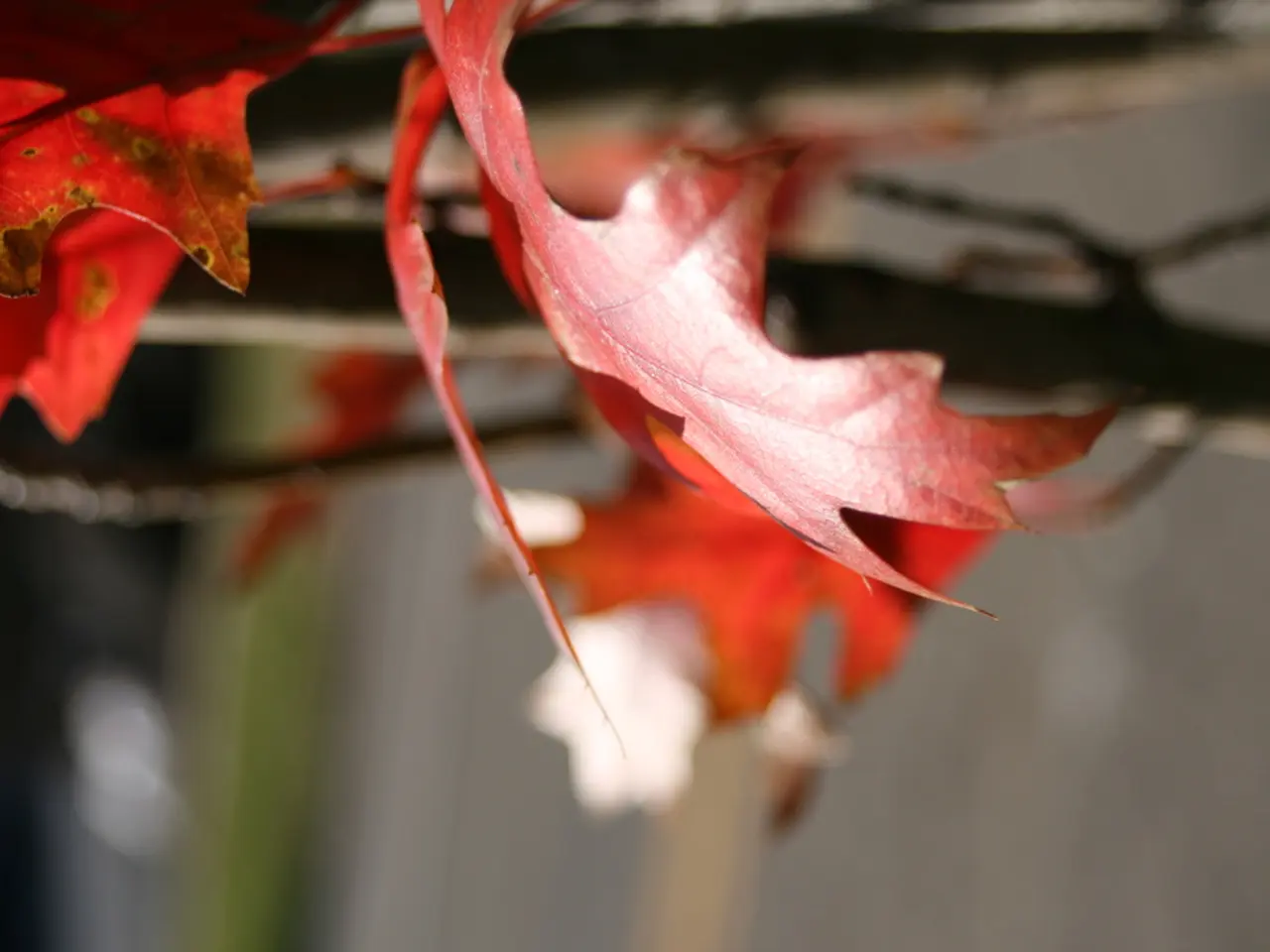Is it feasible to make a profit from small-scale maple syrup production?
In the picturesque state of Vermont, where maple syrup production is a long-standing tradition, small-scale producers are discovering a new path to increased profits by venturing beyond traditional syrup sales. By diversifying into value-added products such as maple candy, cream, granulated sugar, and maple-infused baked goods, these producers can significantly improve their profit margins.
According to industry reports, these value-added products often yield much higher profit margins than selling syrup alone, potentially doubling or tripling revenue per gallon of sap processed. Maple candy and cream, for instance, command the highest margins due to their shelf life and value as specialty products. Maple sugar, with its premium prices and indefinite shelf stability, can convert about 1 gallon of syrup into 8 pounds of sugar. Maple-infused treats, such as cookies, fudge, and sauces, can expand market reach with minimal extra equipment and can utilize lower-grade syrup that might not sell otherwise.
Vermont leads the U.S. in maple syrup production, reflecting a well-established market with room for specialty niche products. State support programs and advances in small-scale farm viability provide some assistance for new and small producers. However, profits vary widely based on syrup yield per tapped tree, market prices, and how well producers can capitalize on value-added items.
The labor required for a 1000 tap operation is approximately 120 hours for tapping, gathering, and cleanup, whereas a 150 tap operation requires a quarter of the effort, or 30 hours. A 2'x6′ maple sap evaporator, capable of boiling 25 gallons per hour, costs approximately $4,500. The total upfront investment for a 150 tap maple syrup operation is approximately $13,300.
Gross annual sales for a 150 tap operation range from $2,300 to $2,800. Roughly 2.5-6 cords of hemlock and white pine are needed annually to support 150 taps. The estimated labor cost for a 150 tap operation ranges from $400 to $1,200, while the annual costs for a 150 tap operation, including labor and packaging, range from $650 to $1,500. The cost of packaging maple syrup in mason jars is roughly $250-300 annually.
The net profits of a 150 tap maple syrup operation range from $1,000 to $2,000 per year. This income, combined with the enjoyment and camaraderie during the maple syrup season, can transform a modest farming hobby into a profitable venture. During boiling time, lively conversations, hot cider, and tank top weather around the arch-sauna attract neighbours, adding to the community spirit of the maple syrup production process.
Volunteers are abundant during boiling time for maple syrup operations, further reducing labour costs. Vermont produces a gallon of syrup for every 3.24 taps, and the state has the highest per tap syrup yield in the US, with an average of roughly 25% higher than other states in New England in 2014.
In conclusion, small-scale Vermont maple producers can increase profits by producing and marketing value-added maple products like candy, cream, and granulated sugar, which offer the highest margins and market differentiation. Pure syrup sales alone generally yield lower returns.
Investing in value-added maple products, such as candy, cream, granulated sugar, and infused treats, can significantly boost personal-finance for small-scale maple producers, potentially doubling or tripling the revenue per gallon of sap processed compared to pure syrup sales alone. These specialty items, like maple-infused food-and-drink, can expand business reach with minimal extra equipment and can utilize lower-grade syrup that might not sell otherwise. With the right approach, maple syrup production in Vermont cantransform into a profitable business venture.




